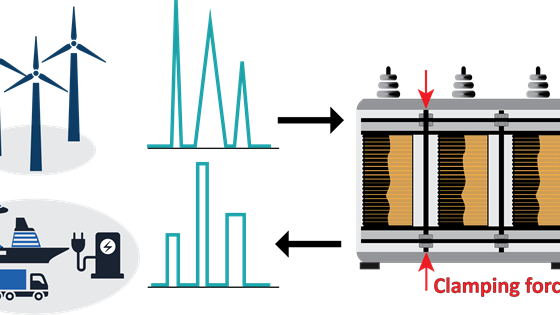
DynaLoad - Dynamic loading of transformer insulation
Power transformers are key components in the electric energy system.

Power transformers are key components in the electric energy system.

The aim of the project is to investigate the relationships between digital technology, workplace learning and professional practice in community health- and care services. How is digitalisation influencing the everyday life and practice of health...

The overall goal of the project is to provide knowledge transfer to AM Energy in Latvia, who produces wood composite products. The Project will put into production a new product – a two-layer composite patio board.
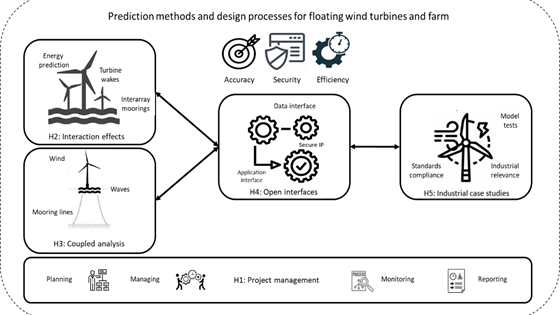
ImproveFLOW's goal is to facilitate more cost-effective design of floating wind units and farms by developing methods and tools for coupled analysis of wind, wave, current and mooring forces on wind turbines and floaters, as well calculation of...
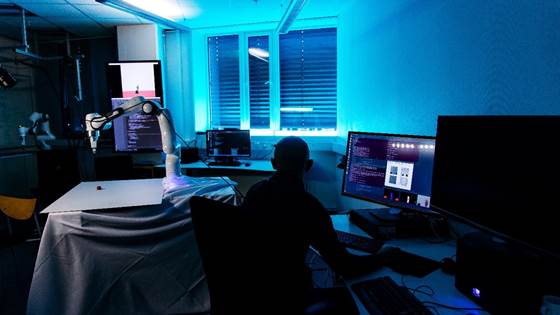
A Visual-Tactile Perception and Control Framework for Advanced Manipulation of 3D Compliant Objects.
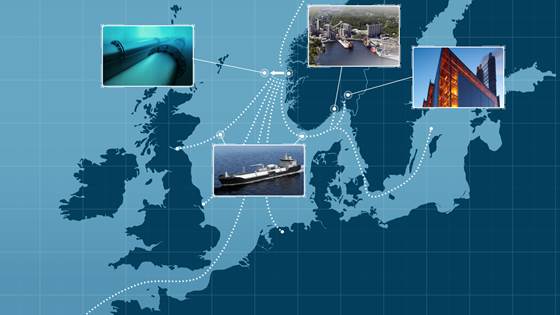
CaptureX aims to develop new knowledge about drivers, opportunities and challenges for realizing large-scale CCS and CCU.
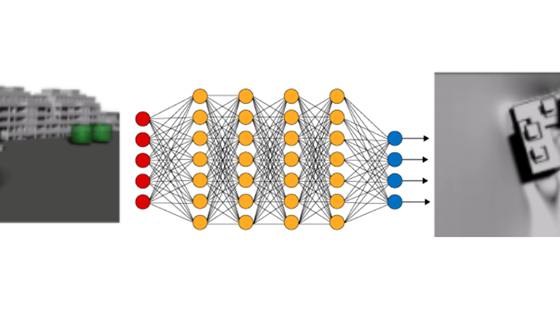
Helping to ensure the overall well-being, safety, and comfort in pedestrian zones in building assessment is very important. Current technology used for wind flow calculation results in accurate assessment of wind comfort but has the drawback of being...
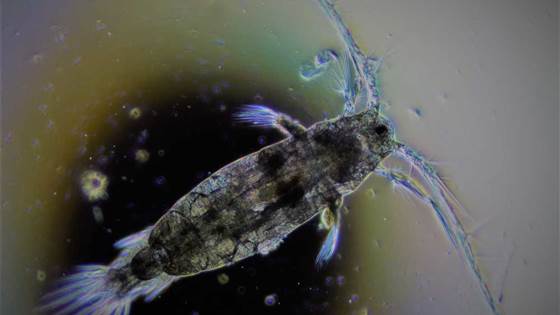
Selective Breeding of Copepods
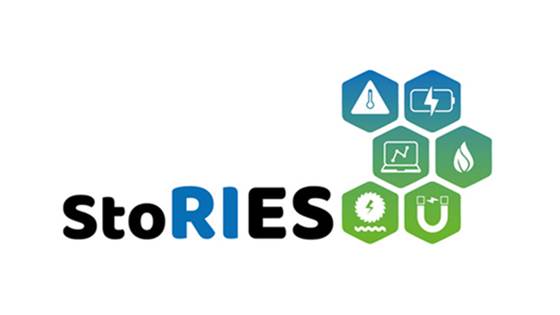
Energy storage is essential for the energy transition; but no single storage technology available today can meet this challenge on its own.
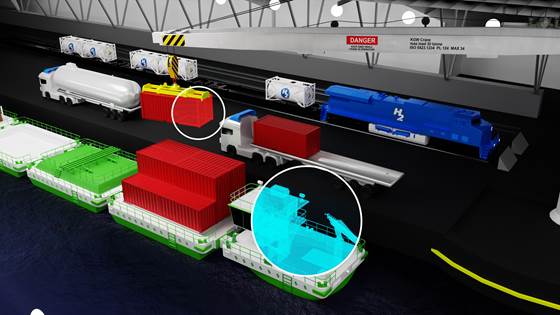
Resilience, safety and security are significant when introducing autonomous vessels in the Maritime Transport Systems (MTS). A resilience-based knowledge foundation for governance, management and work practice is developed, ensuring an integrated MTS...

Management of sea-based fish farms typically entails manual, and often challenging, inspection operations to monitor equipment, structures and biomass, which may result in sub-optimal and costly operations, insufficient maintenance, a general lack of...
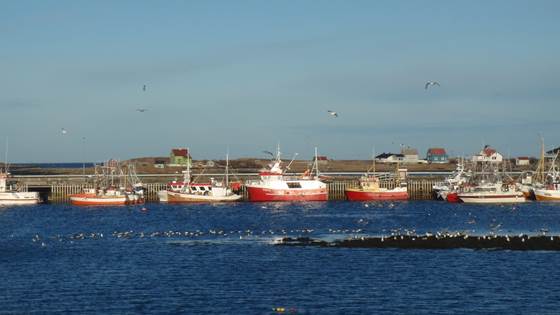
Norwegian seafood products are globally traded products, encompassing varying degrees of social and economic dependency between producing and consuming countries and regions. In times of global shocks affecting production and markets, the Norwegian...
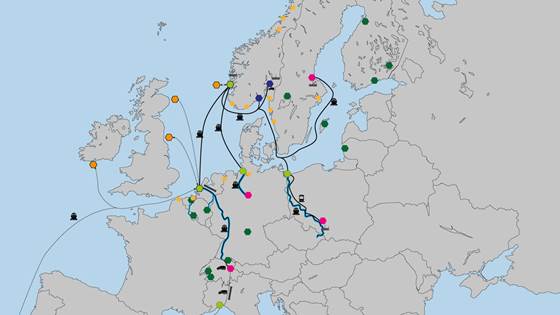
Providing access to cost-efficient, replicable, safe and flexible CCUS.

Globally, the food chain is estimated to account for 33% of the total GHG emissions. Reduction of these emissions will require advanced technology, innovation and research. In this project, we will address these challenges we will suggest practical...

ERATOSTHENES aims to solve critical obstacles considering “Security of Things” as core to the future IoT success.
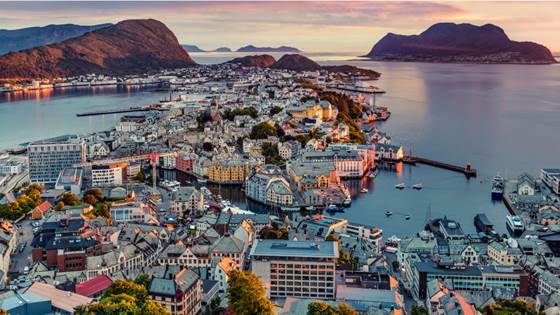
This knowledge-building project for industry developed sustainable solutions for ports as energy hubs, contributing to Norway's transition to a zero-emission society.
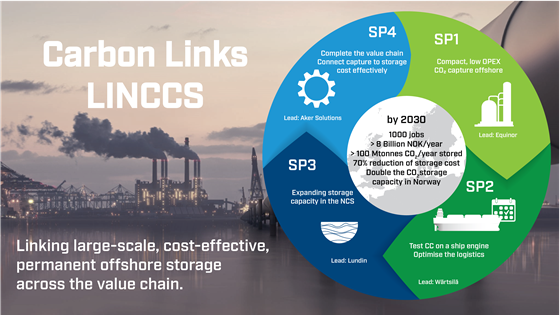
Carbon Links (LINCCS) - Linking large-scale, cost-effective, permanent offshore storage across the value chain.
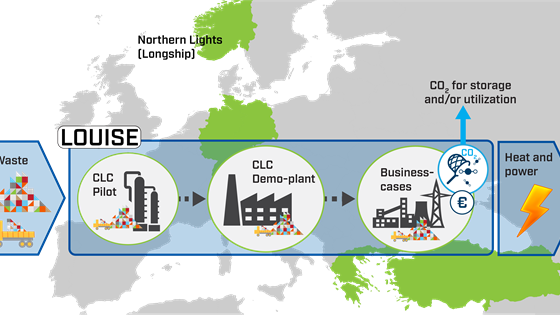
LOUISE aims to reduce the cost of CO2 capture by demonstrating an innovative method of generating power and heat from waste (and providing a concentrated stream of CO2 that can be used or permanently stored).